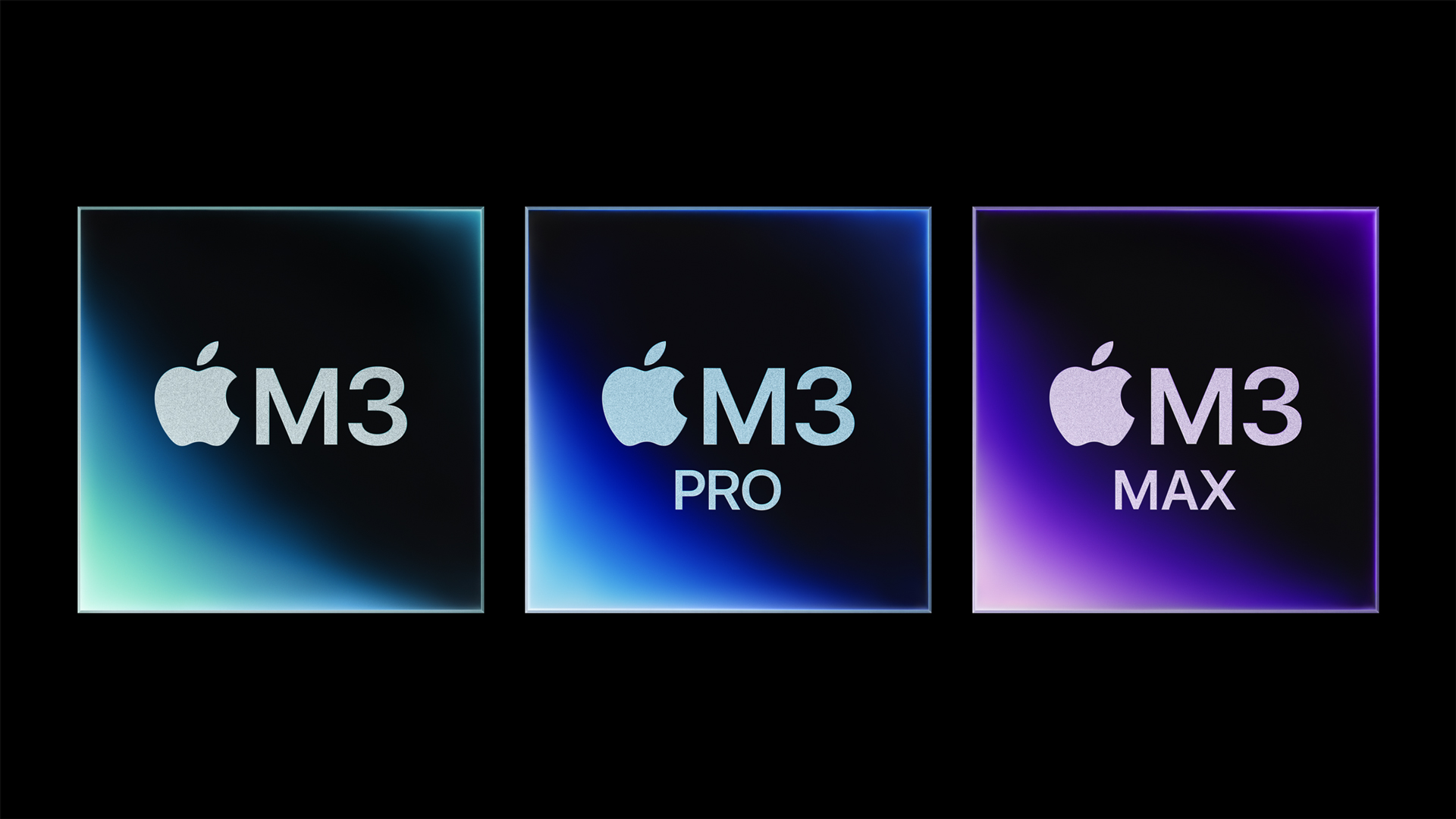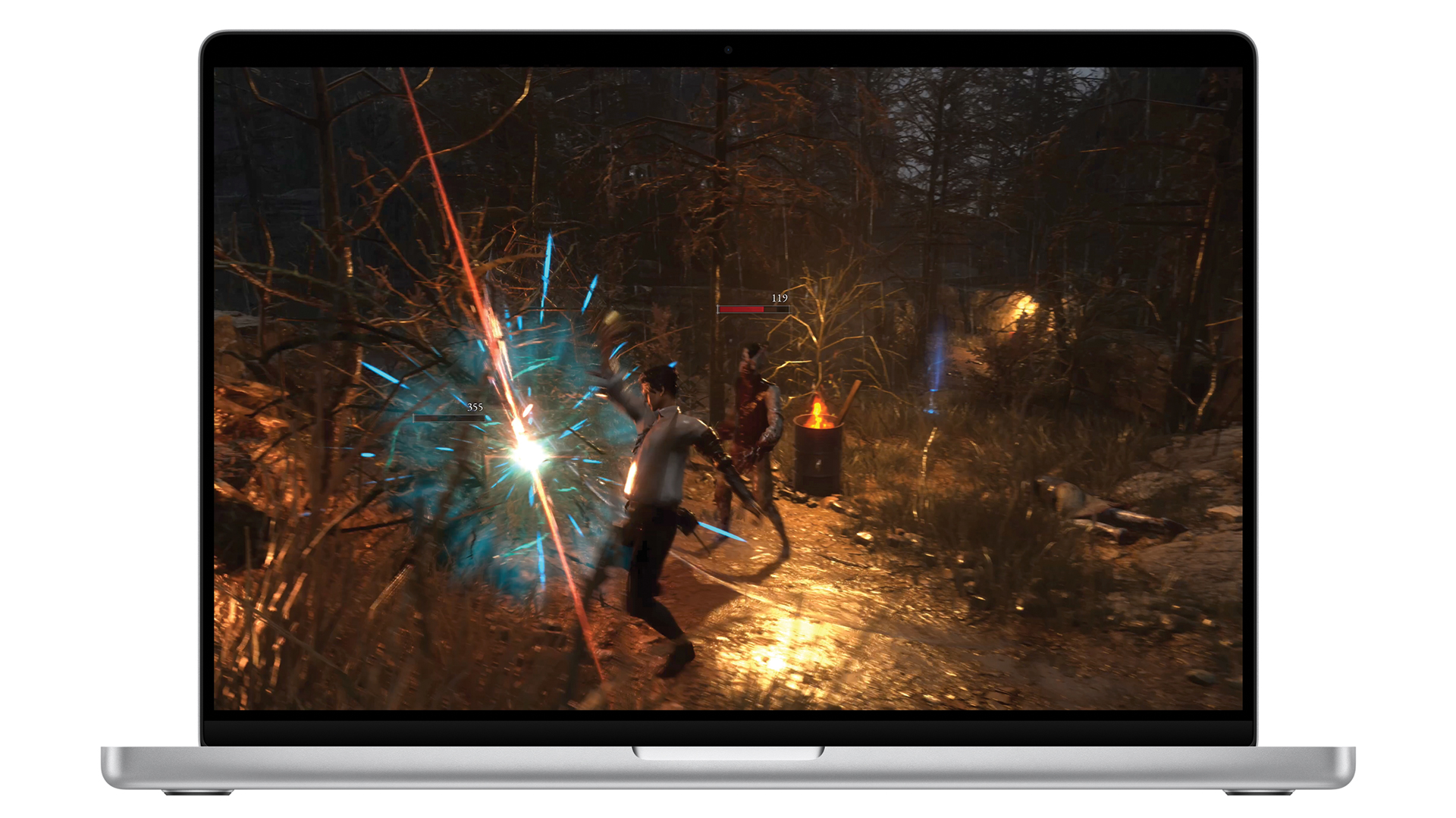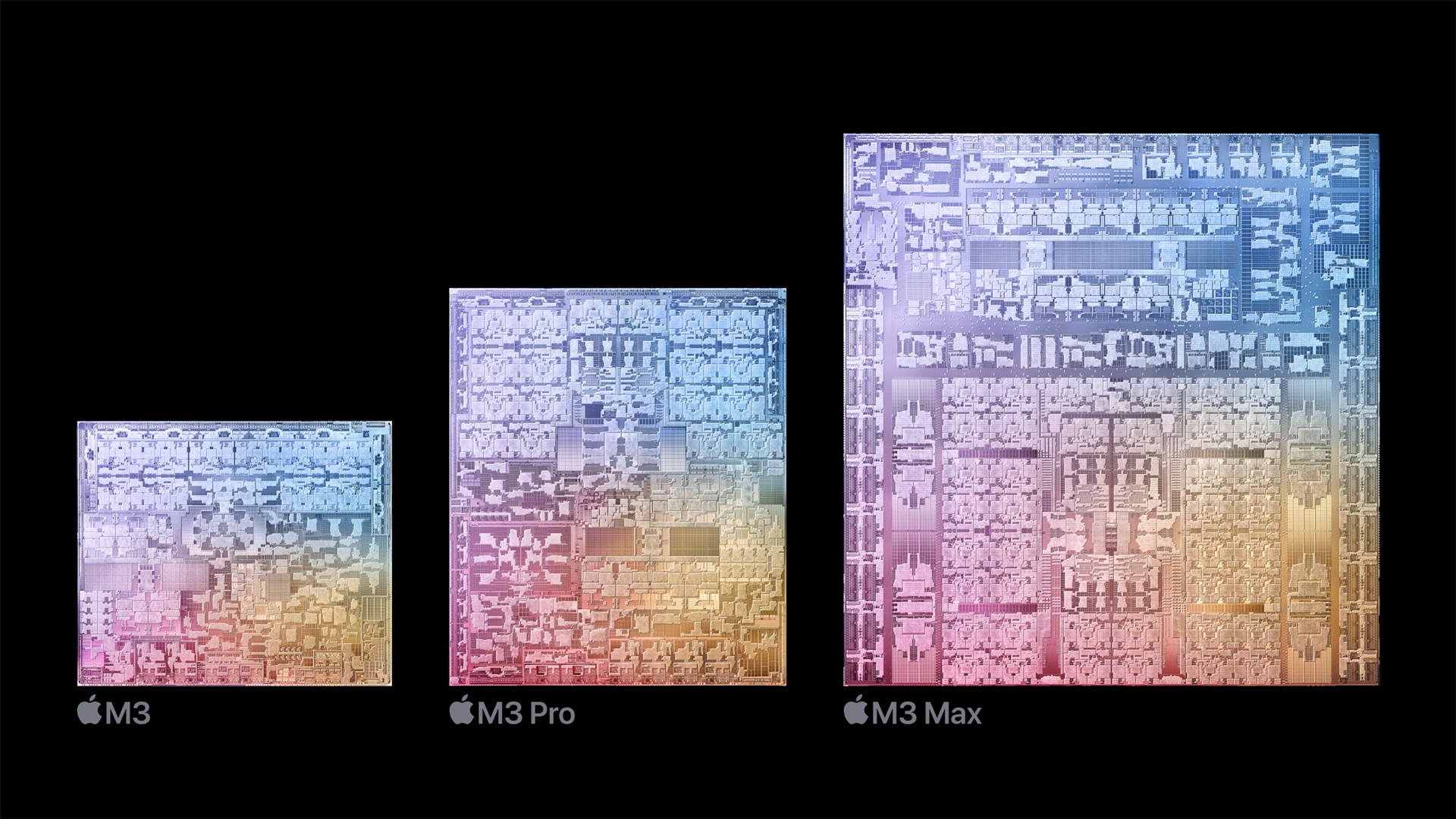The 3 big ways the Apple M3 chips will change Mac gaming forever
Apple's latest reveals were huge

Sign up for breaking news, reviews, opinion, top tech deals, and more.
You are now subscribed
Your newsletter sign-up was successful
Apple hosted a special pre-Halloween ScaryFast Event right in time for the spooky season, in which the tech giant announced some of its most exciting news in 2023. The biggest was the M3 chip reveal, which will be gracing Mac products like the line of new MacBook Pro laptops and the new iMac 24-inch.
The M3 line includes the Apple M3, Apple M3 Pro, and Apple M3 Max, which are all 3-nanometer process SoCs. The best version of the chips – the M3 Max – features up to a massive 128GB of unified memory (Apple’s version of RAM), easily making the upcoming MacBook Pro one of the best mobile workstations on the market.
But why is the M3 already so promising? And how could it shape up to make Mac gaming a force to be reckoned with? There’s plenty to unpack thanks to the event, and even more to find out once we uncover the M3’s true potential.

Apple's SoC is a miracle
One of the most interesting parts about the M3 chip is that there’s no discrete graphics option since Apple's SoC does everything. And there’s even a chance that it beats out Apple’s last AMD discrete option in terms of performance, which would be incredible.
Of course, this is subject to benchmarks and other extensive testing, but the potential of Apple chips becoming completely self-sufficient in terms of gaming is an exciting prospect. We could be on the cusp of a super chip that can handle every aspect of gaming, which is mind-blowing considering how much work the M1 and M2 lines do for gaming and how well it does it already.

Dynamic Caching will bring efficiency to new heights
Apple’s new silicon will now come with a GPU enhancement called Dynamic Caching. According to the tech giant, instead of the system architecture assigning the same amount of memory to tasks similar to the most intensive one, it instead looks at each task individually and then allocates memory based on those needs.
If it works exactly as intended and nothing more, that alone could completely change how graphics memory management is done. The level of performance and efficiency increases would be substantial, as it would open up more memory for other tasks. Even better, developers don’t need to write any new code for it, as it automatically works. So they get a massive upgrade to memory that they don't need to code for, it's a win-win.
Sign up for breaking news, reviews, opinion, top tech deals, and more.

Hardware-accelerated ray tracing and mesh shading is the future
The last innovation involves hardware-accelerated ray tracing and mesh shading, two firsts for Apple silicon. The former uses specially purposed hardware to calculate real-time ray tracing when compared to software performing those same tasks. Mesh shading, meanwhile, lets game developers process polygons with more power and control than old vertex shaders (think billions of polygons on screen with no issue).
Using hardware to accelerate ray tracing greatly increases its capabilities as well as efficiency, meaning much more realistic lighting effects. Mesh shading is even more promising, as it’s currently a game development technology so advanced that Alan Wake 2 is the first game that actually requires it, despite being implemented by Microsoft as part of DirectX 12 Ultimate in 2020 and showcased in Nvidia’s Asteroids demo back in 2018.
The fact that the M3 chips actually support it is a significant step forward for both Mac gaming and gaming in general. If Apple takes proper advantage of this, it could propel Mac gaming to new heights, truly enhancing the best PC games past its already impressive M1.
Final thoughts

The M3 line of Apple chips was by far the best reveal of the Halloween-themed event. Even its short stay in the limelight revealed so much that the silicon is capable of, especially in regards to gaming. There’s plenty of testing to be done to properly verify the tech giant’s claims, but those claims could potentially turn Mac gaming and PC gaming in general on its head.
Several new features that come with any of the M3 chips, as well as the massive increase in unified memory limits for the high-end chips, will enhance any title’s performance, efficiency, and graphical output. Hopefully, this means that Apple will support these innovations, though things are looking optimistic with Hideo Kojima pledging Death Stranding and other titles to come to Mac devices.

Named by the CTA as a CES 2023 Media Trailblazer, Allisa is a Computing Staff Writer who covers breaking news and rumors in the computing industry, as well as reviews, hands-on previews, featured articles, and the latest deals and trends. In her spare time you can find her chatting it up on her two podcasts, Megaten Marathon and Combo Chain, as well as playing any JRPGs she can get her hands on.